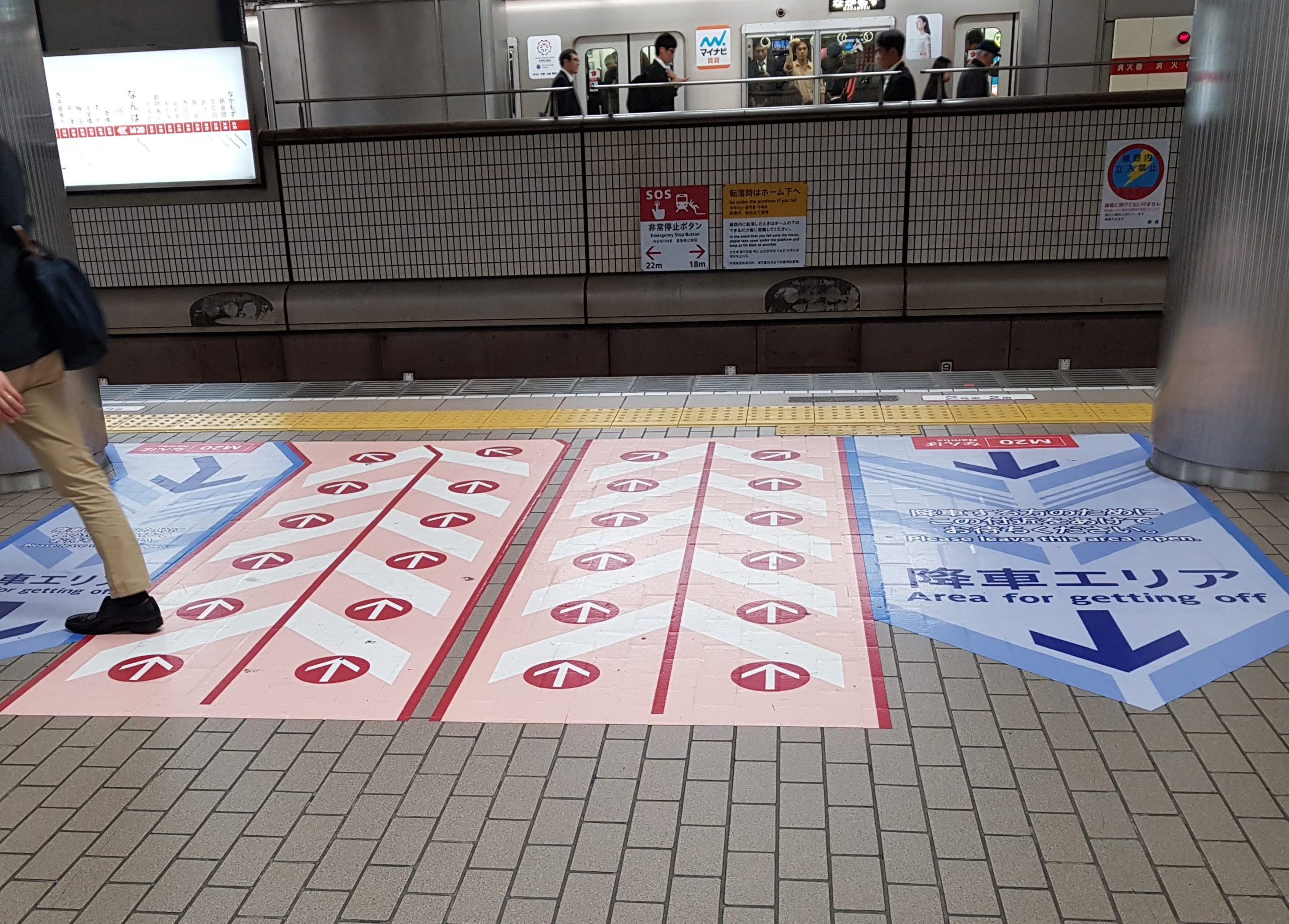
In this article let us take a look at a question that comes up in our JCO workshops almost every time:
“Why are the Japanese so pedantic, trying to plan everything 150%? Sometimes you just have to wait and see how it turns out!"
The Roots of Japanese Attention to Detail
Of course, there are various factors that contribute to the widely known “Japanese attention to detail”, but this time we want touch on one of the main reasons, namely the desire to minimize risk.
Japan is situated right on the edge of 4 tectonic plates. Since people have lived there, there have been constant and concrete threats not only through earthquakes, but also through flooding, tsunamis, typhoons and volcanoes.
This means that life there, due to the unpredictability of nature, is set against a high daily threat level. For millennia, this experience has strongly influenced the Japanese way of thinking.
As a response, Japanese culture, including business culture, places extreme importance on planning very many aspects of daily life and worklife down to the smallest detail.
One can definitely see this mindset as an attempt to counteract the unpredictability of nature by protecting oneself, one's group and society as a whole through utmost discretion when it comes to planning and implementation.
We now can see that any motto such as "let's figure it out as we go along because you can't plan everything" goes directly against this Japanese trait.
A Japanese Perspective on Risk and Reliability
A Japanese engineer put it very succinctly during a JCO training session:
“In Japan, we usually sell sensors that, after a very long development period, have a failure rate of 1 in 1 million times they are used. This is what the Japanese market expects.
Frankly, I was shocked when I realized that in other places like the US and Europe this extremely low failure rate was not the goal of development at all.
Here, companies would rather opt to simply place 2 inferior sensors with a shorter life span and performance in a chain.
This way, the second acts as a backup in case the first one fails. This kind of “cheating” is very difficult for us Japanese to accept…”
Practical Tips for Working with Japanese Colleagues
- Any improvisation will inevitably be seen as a “lack of thorough preparation and planning”. So, unless you are playing in Jazz band, ad-libbing is not a strength, but an "invitation of failure" in eyes of your Japanese colleagues and partners.
- It usually doesn't matter whether an improvised solution is ultimately successful or not. Because from a Japanese point of view, “even if it did work out in this case, next time around you certainly won´t be so lucky”.
- If possible, avoid any surprises or deviations from the plan! If this is not possible, please provide a detailed explanation immediately.
- Don’t try to persuade your Japanese colleague or client with probability as in “don’t worry Sato-san, this is happening only every 5-years” or “this has never happen before, it is just back luck”. To show that you take the matter seriously, it is better to provide a clear process to prevent this issue from happening again.
More on this and other topics in our open seminars across Europe.





